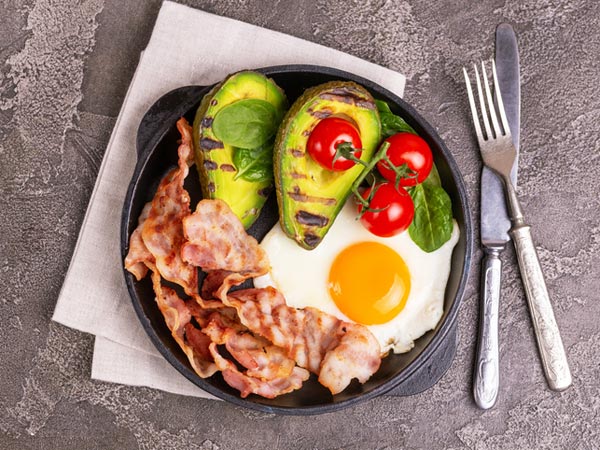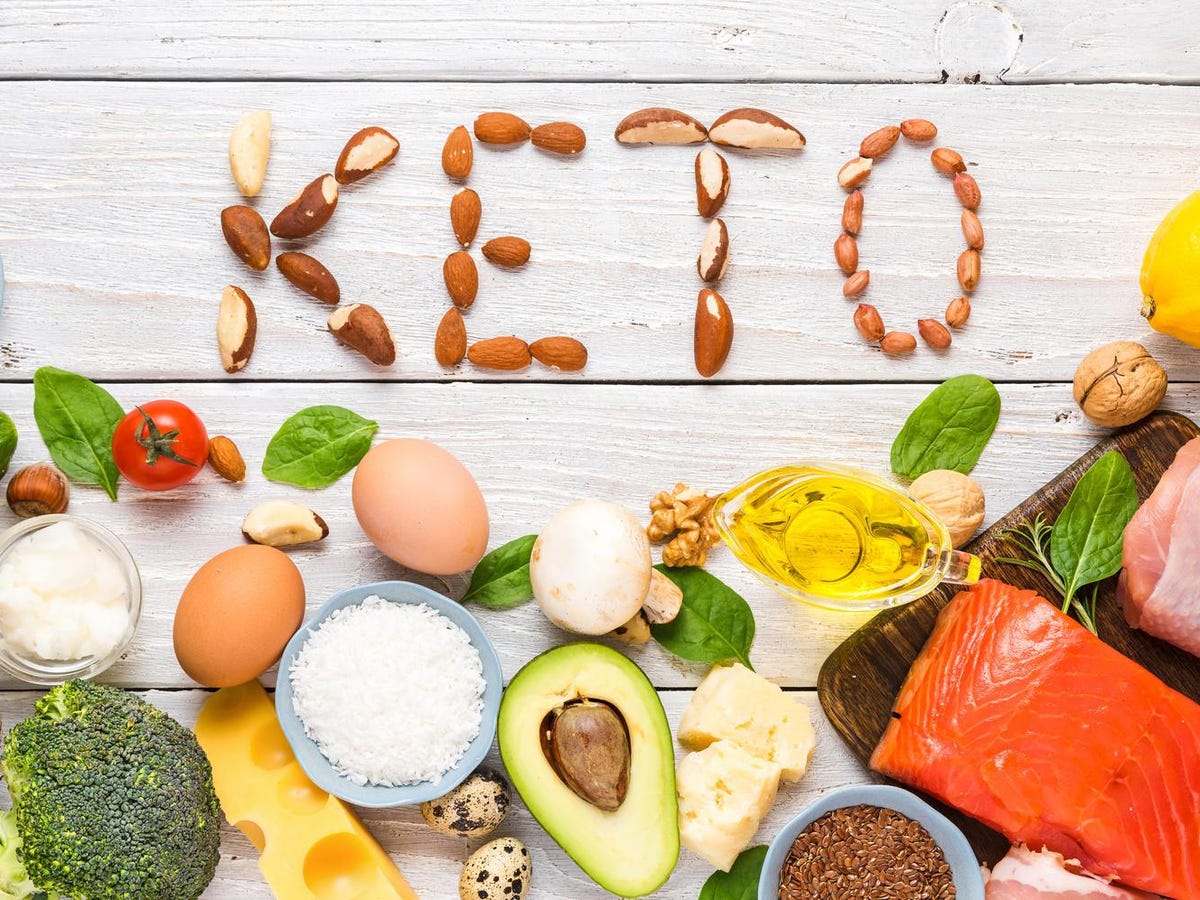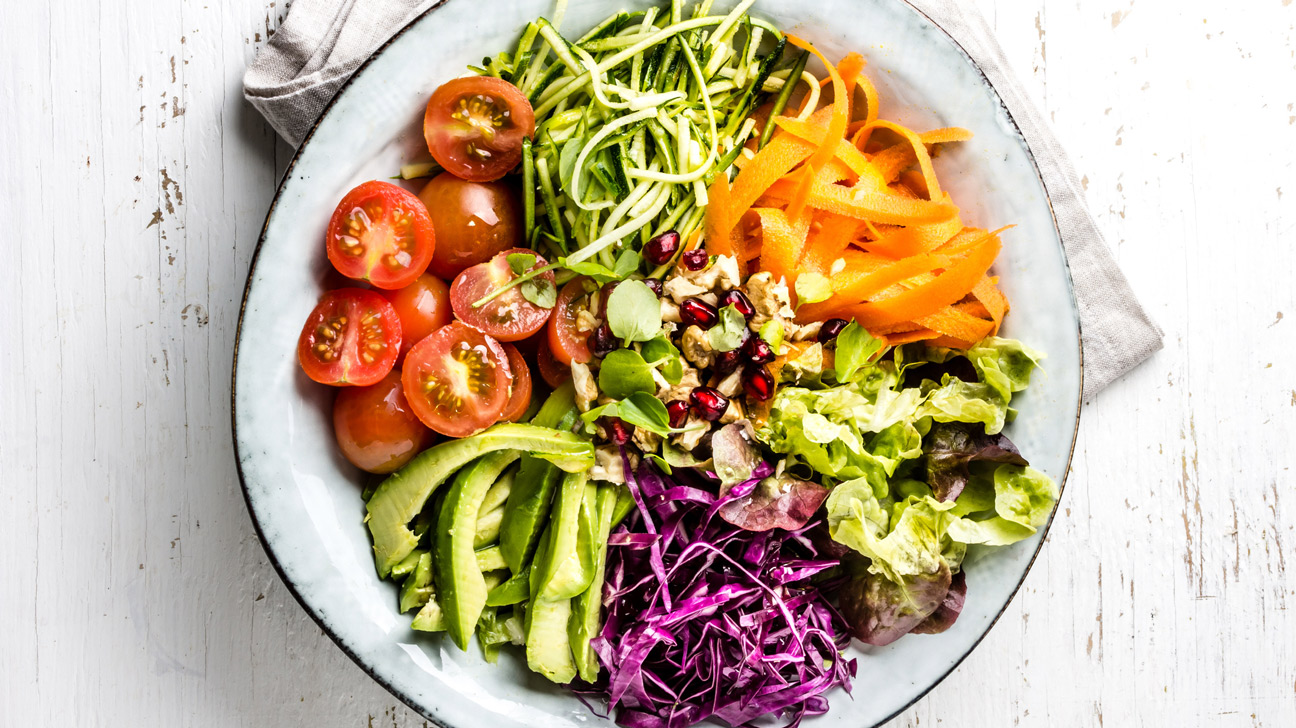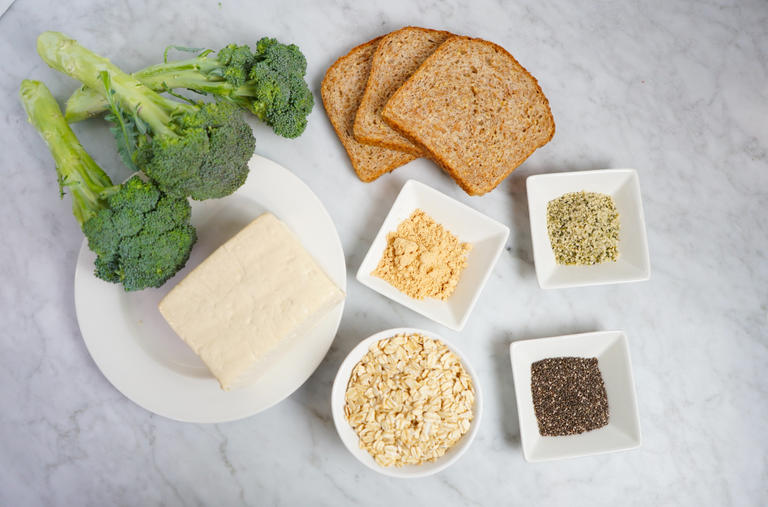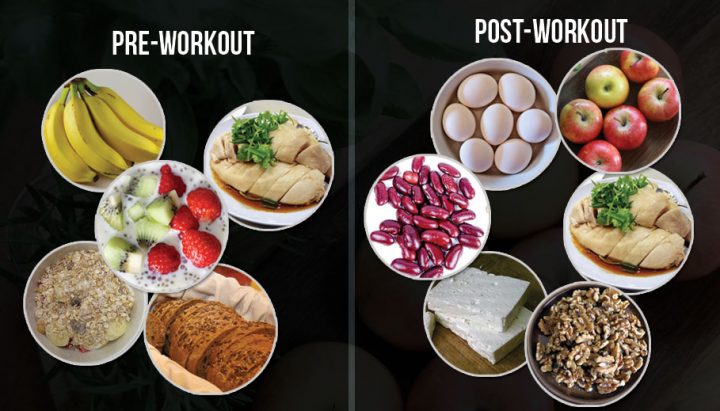Recipes
We are here to help you find the healthiest recipes in your quest for wellness, and if you have had a problem choosing one from the many that are currently available, you can now happily call off the search.
In addition to our awesome fitness exercises, we provide you with a wealth of top healthy recipe ideas for dinner, complete with pictures to show you what your mouth-watering results will end up looking like, and can help you integrate cooking that’s good for you into your day-to-day life.
If you are feeling peckish between meals you will be able to access a healthy snacks recipe to keep you sated until your next meal, and the healthy food recipe websites we give you access to will provide you with a range of tools.
From separating the facts from the fiction as far as nutrition is concerned, to gathering healthy recipes from an array of experts, we keep you on the straight and narrow as far as your waist is concerned!
Browse some of the healthy recipe ideas for dinner on the Fitness Collaborative, and when you have decided on one, get started and enjoy your next meal!

